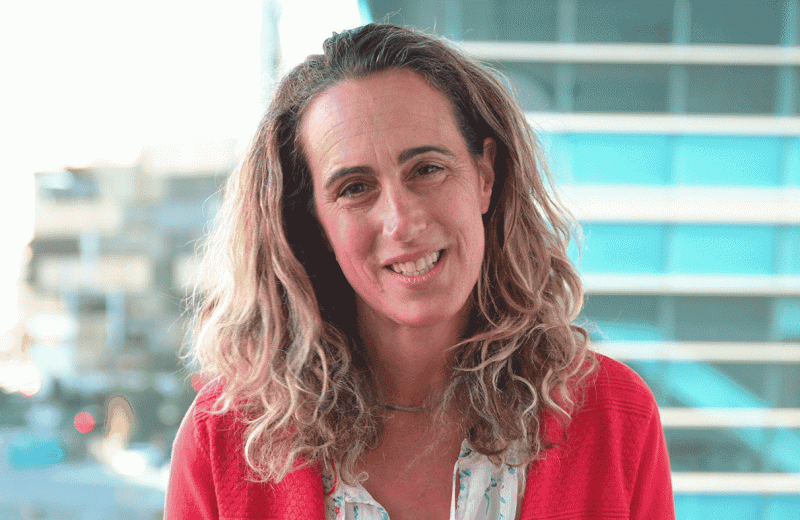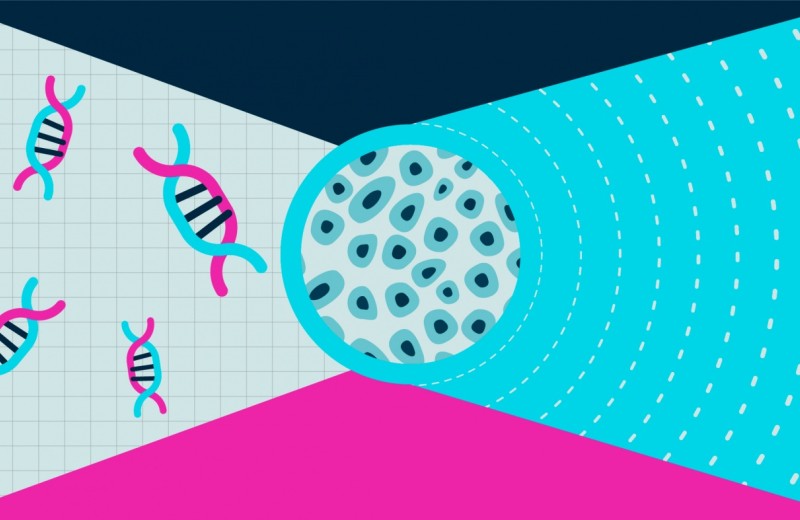Gladstone NOW: The Campaign Join Us on the Journey✕

SAN FRANCISCO, CA—October 13, 2009—The National Institutes of Health (NIH) has awarded a “Grand Opportunity” grant of $3.7 million to a consortium formed with the Gladstone Institute of Neurological Disease(GIND) and the Taube-Koret Center for Huntington's Disease Research to use stem cell technology to better understand Huntington's disease and to develop potential therapies. The consortium comprises a partnership of five leading Huntington's research laboratories at the University of Wisconsin, Massachusetts General Hospital, the University of California at Irvine, Johns Hopkins and the Gladstone Institutes. The consortium will use induced pluripotent stem (iPS) cell technology pioneered by Gladstone and Kyoto University's Shinya Yamanaka, MD, PhD, to develop human neurons with Huntingtonís disease characteristics. iPS technology enables stem cells to be generated from skin samples from adults and avoids the ethical issues surrounding the use of fetal stem cells.
“One of the challenges of Huntington's (and many other neurological diseases) is that many of the potential therapies that show promise in animal models are ineffective in people. We think that molecular differences between mice and humans may be an important cause for this failure,” said Steven Finkbeiner, MD, PhD, consortium co-leader and Director of the Taube-Koret Center for Huntington's Disease Research and Associate Director of GIND.
“One of the promises of iPS technology is to be able to develop models from Huntington's disease patients that can give us more detailed information about the disease and better predict how therapies could work in humans,” he said.
HD, which is also called “Huntington's chorea” and “Woody Guthrie's disease,” is a devastating inherited, degenerative brain disorder. More than 100,000 Americans and more than 10 times that number worldwide have HD or are at risk of inheriting the disease from a parent.
iPS cells are generated by reprogramming adult cells from skin or other tissues. They are almost identical to human embryonic stem cells with the ability to self-renew for long periods and to differentiate into all cell lineages. More importantly, iPS cells can be generated from adult patients with genetically inherited and sporadic diseases making it possible to study some diseases, such as Alzheimer's and Parkinson's disease, for which the causes remain largely unknown.
“HD is caused by a single mutation, which provides an ideal paradigm to generate a panel of patient-specific lines,” Finkbeiner explained. “This offers hope that these models can teach us why some patients experience certain symptoms and why some family members develop symptoms later rather than sooner, which then can potentially be used to develop treatments that can act before symptoms appear.”
Finkbeiner added, “the convergence of a dedicated, collaborative group of committed investigators targeting HD, the need for new treatments based on the root causes of the disease, and the emergence of powerful new technologies herald a truly grand opportunity to make a real difference for those afflicted with Huntington's.”
Dr. Finkbeiner's primary affiliation is with the Gladstone Institute of Neurological Disease where his laboratory is located and all of his research is conducted. He is also associate professor of neurology and physiology at the University of California, San Francisco.
About the Gladstone Institutes
The J. David Gladstone Institutes, an independent, non-profit biomedical research organization affiliated with the University of California, San Francisco (UCSF), is dedicated to the health and welfare of humankind through research into the causes and prevention of some of the world's most devastating diseases. Gladstone is comprised of the Gladstone Institute of Cardiovascular Disease, the Gladstone Institute of Virology and Immunology and the Gladstone Institute of Neurological Disease. More information can be found at www.gladstone.ucsf.edu.
About the Taube-Koret Center for Huntington's Disease Research
The Center was established in 2009 with gifts from Taube Philanthropies and the Koret Foundation for the sole purpose of identifying strategies and developing therapeutics to treat people with Huntington's disease and related neurodegenerative diseases.
Want to Join the Team?
Our people are our most important asset. We offer a wide array of career opportunities both in our administrative offices and in our labs.
Explore CareersMeet Gladstone: Julia Kaye
Meet Gladstone: Julia Kaye
Julia Kaye is a neuroscientist at Gladstone Institutes dedicated to unraveling the mysteries of neurodegenerative diseases. Outside the lab, Kaye enjoys skateboarding, surfing, and exploring nature with her family.
Profile ALS Huntington’s Disease Multiple Sclerosis Neurological Disease KayeConnecting the Dots: From Stem Cells to Human Health
Connecting the Dots: From Stem Cells to Human Health
Since Shinya Yamanaka discovered a method to create human induced pluripotent stem (iPS) cells, Gladstone researchers have built on this technology to create numerous iPS cell lines, coax iPS cells into a myriad of tissue types, use them as a tool to study disease, and even begin creating therapies using these cells.
Research (Publication) Stem Cell Core Alzheimer’s Disease Huntington’s Disease Finkbeiner Lab Huang Lab McDevitt Lab Srivastava Lab Yamanaka Lab CRISPR/Gene EditingTaube Philanthropies Announces $3 Million Gift to Stanford Medicine and Gladstone Institutes for Huntington’s Disease Research
Taube Philanthropies Announces $3 Million Gift to Stanford Medicine and Gladstone Institutes for Huntington’s Disease Research
The funded program will, for the first time, introduce gene editing and stem cell therapies in the search for a potential cure
Huntington’s Disease Finkbeiner Lab



